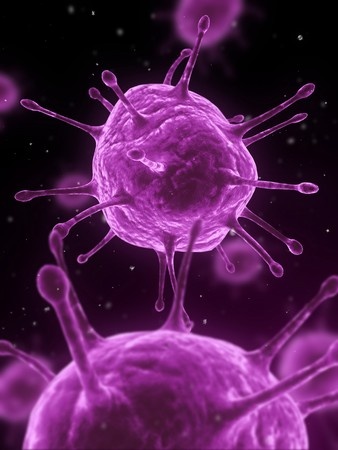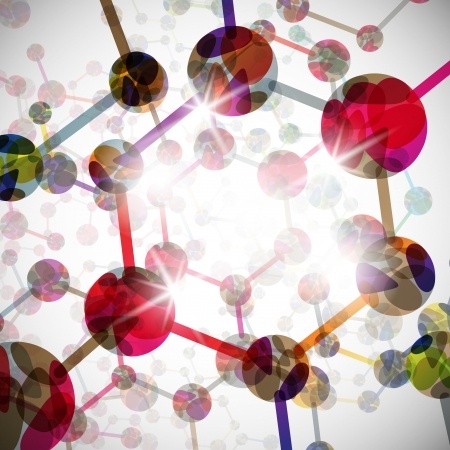The importance of good guts, what’s new in cell science, sweat odour and emotions, and happy birthday Hubble. This eclectic collection of current science news stories is brought to you by STAOBlog.
SciNews is published every Monday and Thursday. Stay tuned for more.
 Biology
Biology
How the guts of remote Amazon dwellers are different than ours. Globe and Mail
Most modern Westerners enjoy a lifestyle that confers tremendous health advantages, including ready access to clean water and medicine. But now it appears that we have lost something along the road to modernization – a lot of somethings. In a study published on Friday in the journal Science Advances, an international team of researchers has shown that the bacteria living in the digestive tracts of previously uncontacted hunter-gatherers discovered in Venezuela are the most diverse ever found in any human group. Read More…
Secrets of the cell: Breakthrough discoveries in the inner workings of cells are highlighted by the Gairdner International. Globe and Mail
This year’s winners of the Canada Gairdner International Awards are known for scientific discoveries that reach deep into the inner workings of cells. As Ivan Semeniuk reports, they also offer insights that may help thwart diabetes, autoimmune disease and a range of cancers. Read More…
Paternal sperm may hold clues to autism. Science Daily
In a small study, researchers found that DNA from the sperm of men whose children had early signs of autism shows distinct patterns of regulatory tags that could contribute to the condition. Autism spectrum disorder (autism) affects one in 68 children in the U.S. Although studies have identified some culprit genes, most cases remain unexplained. Read More…
Chemistry

A sniff of happiness: Chemicals in sweat may convey positive emotion. Science Daily
Humans may be able to communicate positive emotions like happiness through the smell of our sweat, according to new research published in Psychological Science, a journal of the Association for Psychological Science. The research indicates that we produce chemical compounds, or chemosignals, when we experience happiness that are detectable by others who smell our sweat. Read More…
Physics
Drone Flies Using a Digital Honeybee Brain. Discover
Inside the Green Brain Project’s labs in the United Kingdom, drones buzz up and down the halls without the need for pilots. Instead they navigate using an “artificial bee brain” that’s been uploaded into their circuitry. It’s all part of Green Brain’s long-term goal of building a robot that thinks, senses and acts like a honeybee. To do this, scientists mapped a bee brain and recreated with circuits the neural connections that fire on and off in an organic brain. When this “brain” software is uploaded into a drone, researchers have found the bot flies in some remarkably bee-like ways. Read More…
Earth and Space Science
Liquid Water Could Be Just Beneath the Surface on Mars. Discover
It’s nothing you’d want to baste a turkey with, but researchers have found evidence of supersalty brines on the surface of Mars. By lowering the melting point of water and actively absorbing vapor, the salts might allow for liquid water to exist on Mars — not billions of years in the past, but right now. Read More…
Celebrating 25 years of the Hubble Space Telescope. Science News
On a chilly Saturday evening in March, unfazed by more than 6 inches of new snow, hundreds of people crowded into Shriver Hall at Johns Hopkins University in Baltimore to hear the East Coast premiere of “Cosmic Dust,” an orchestral piece set to images of deep space. A trumpet fanfare conveyed the immense power of an exploding star; a cascade from the violins accompanied the flights of comets. As the symphony played, images of galaxies and nebulae scrolled by on a big screen. Read More…



